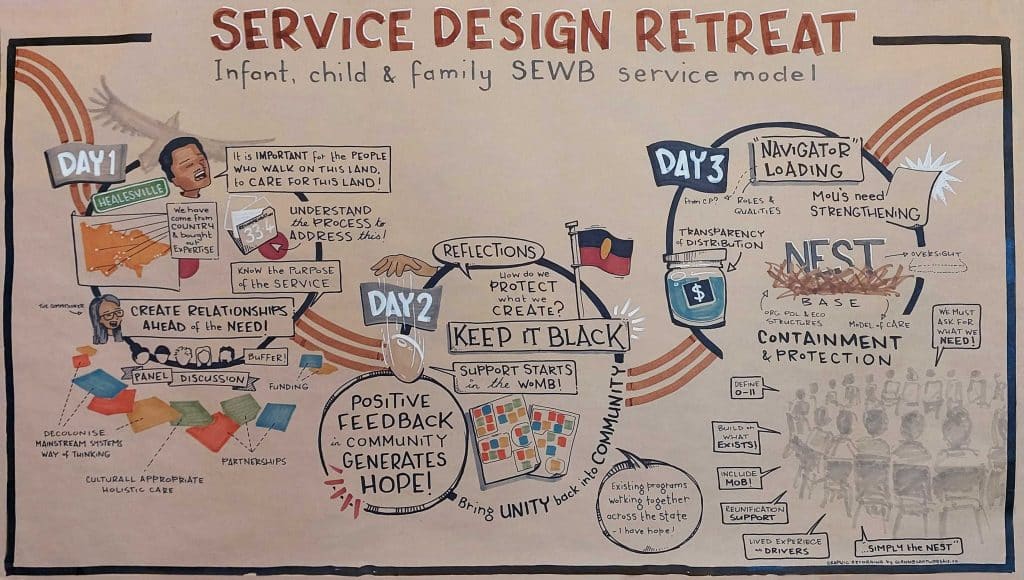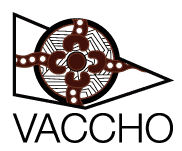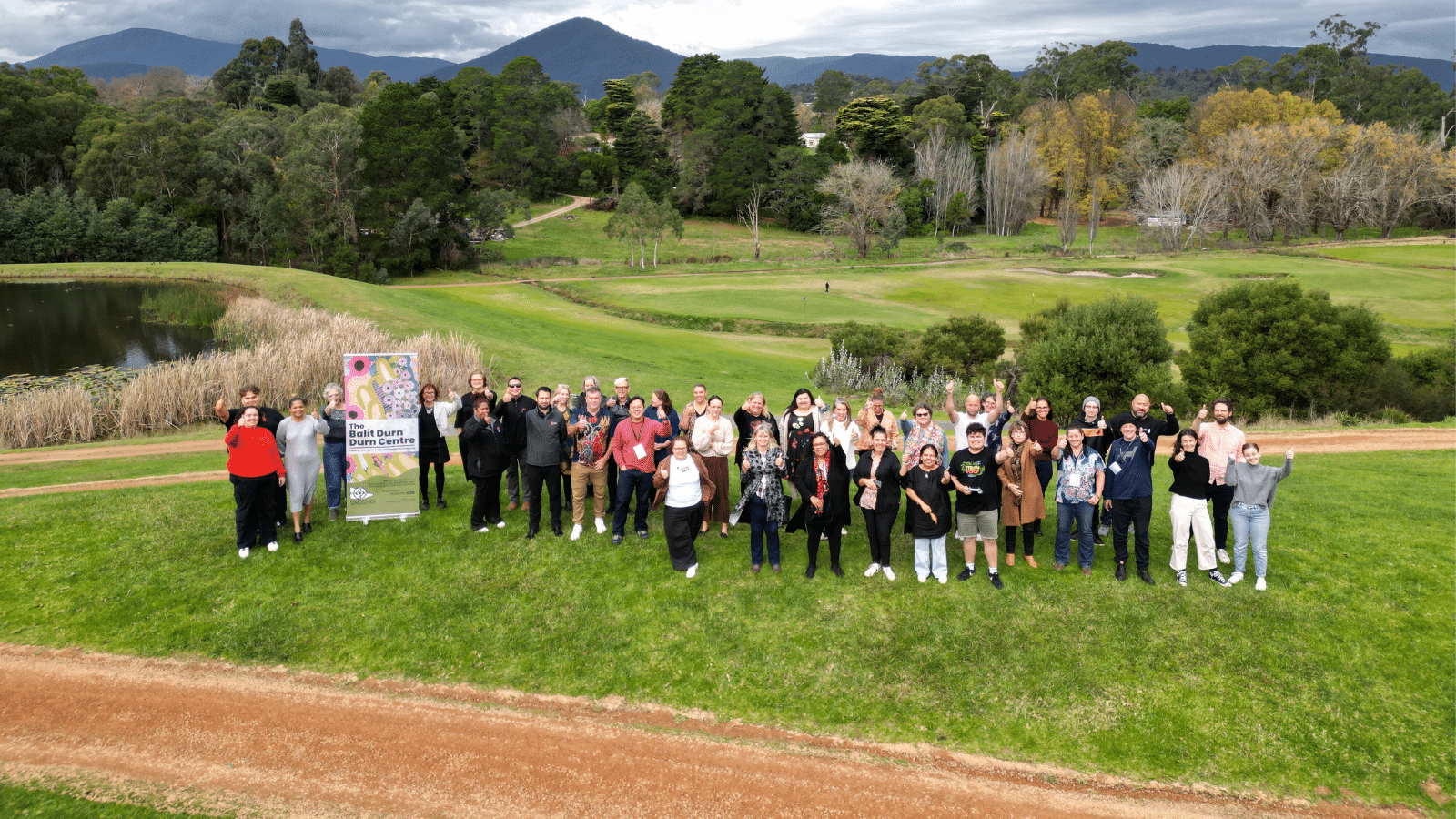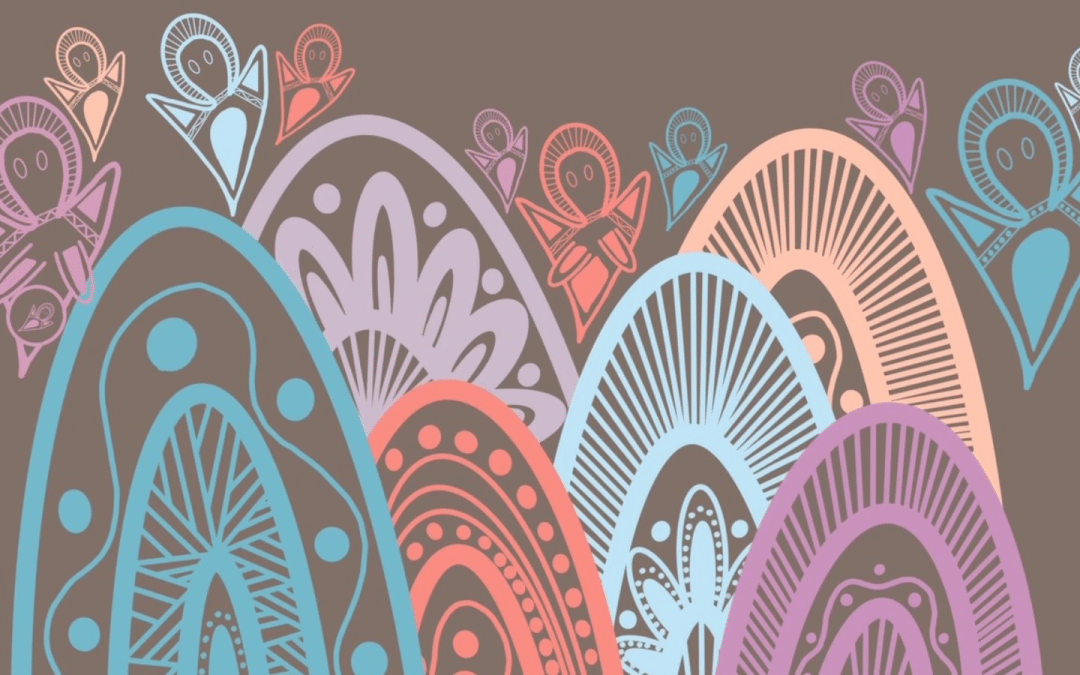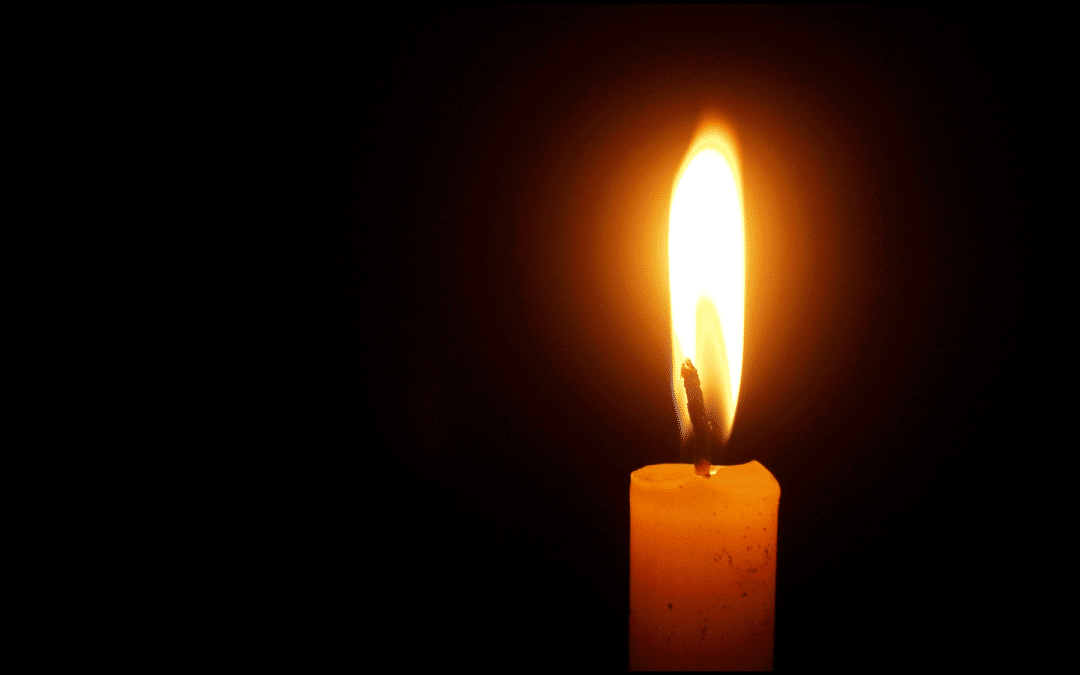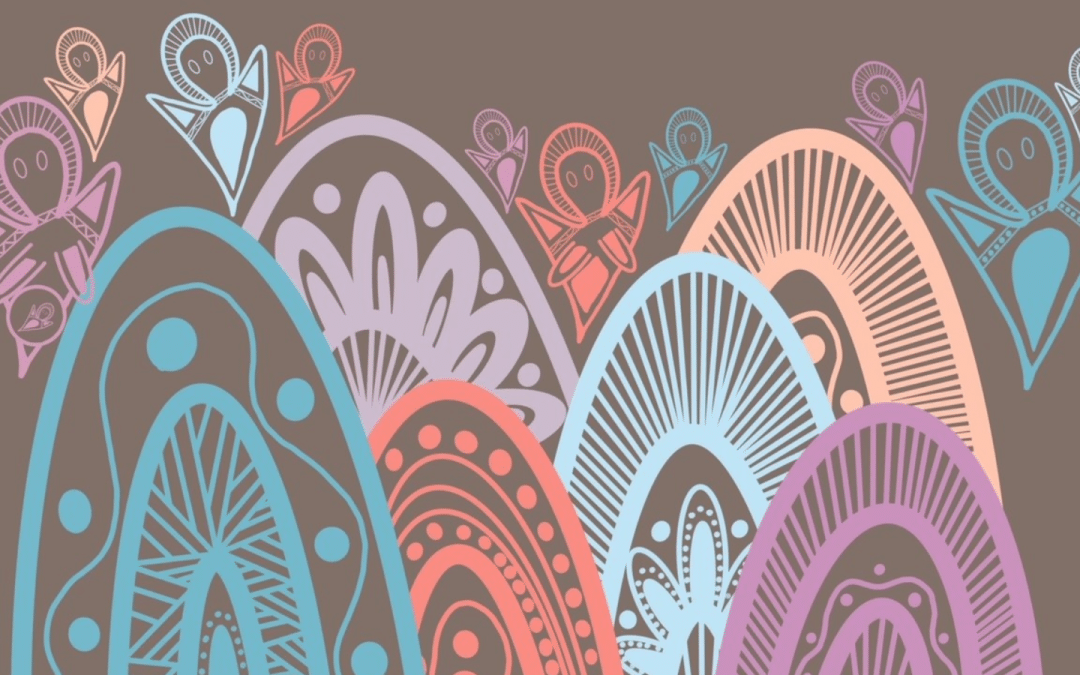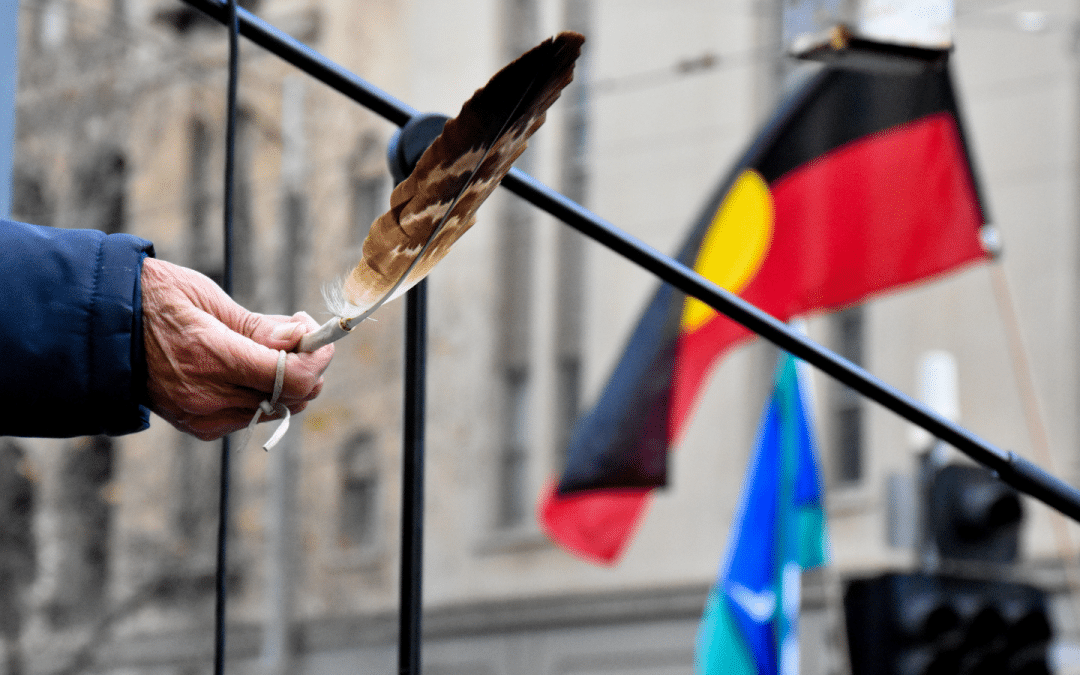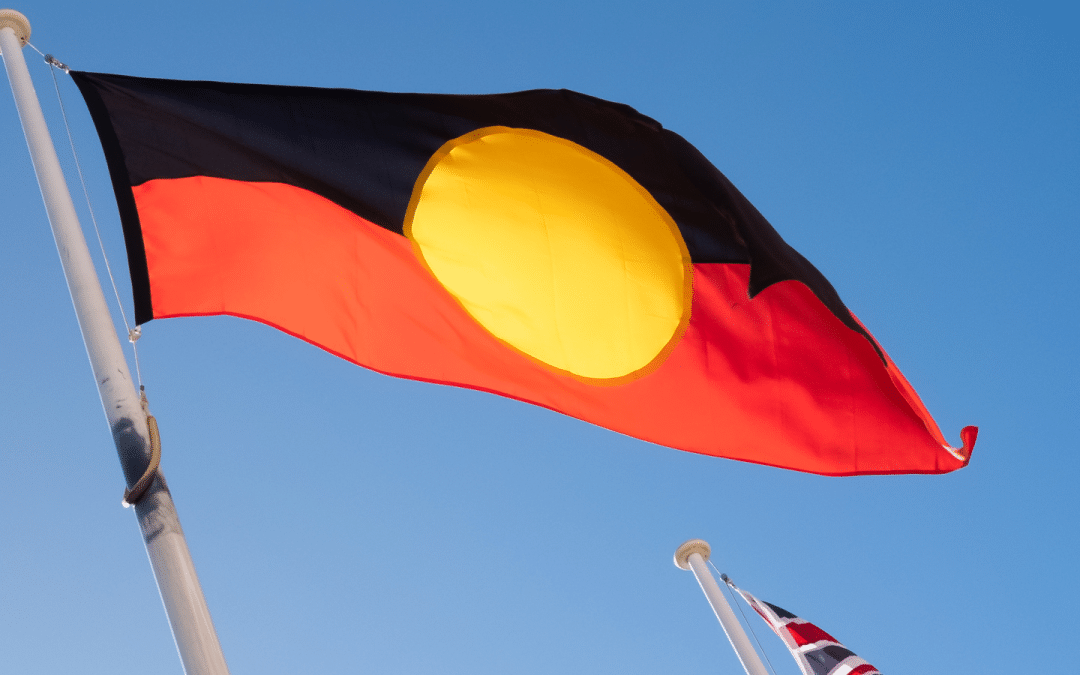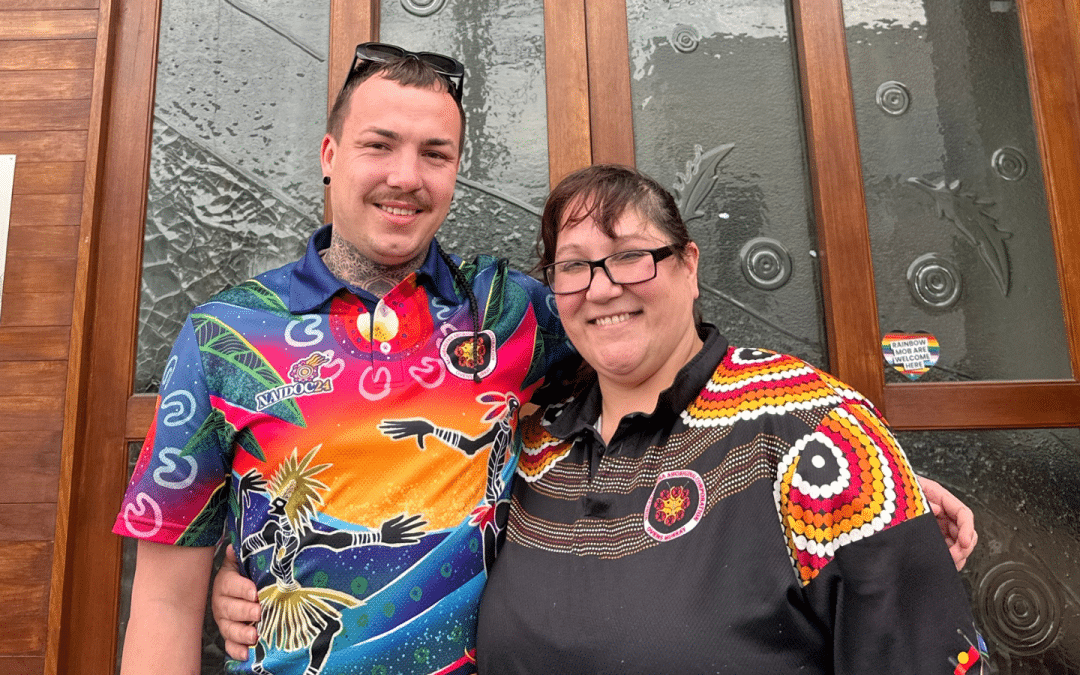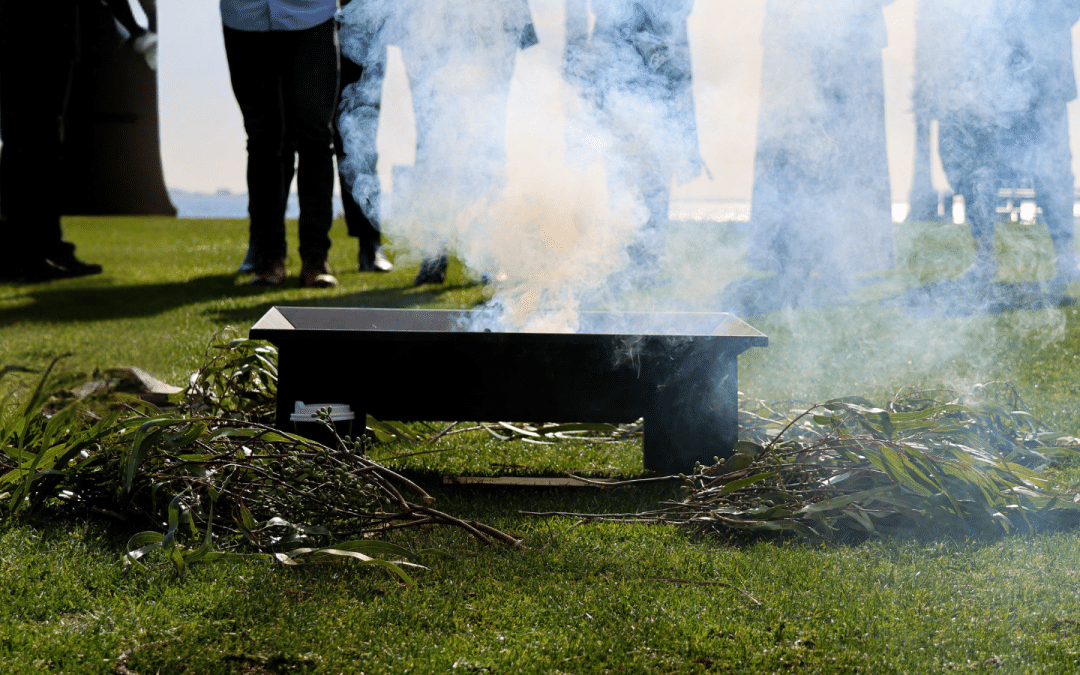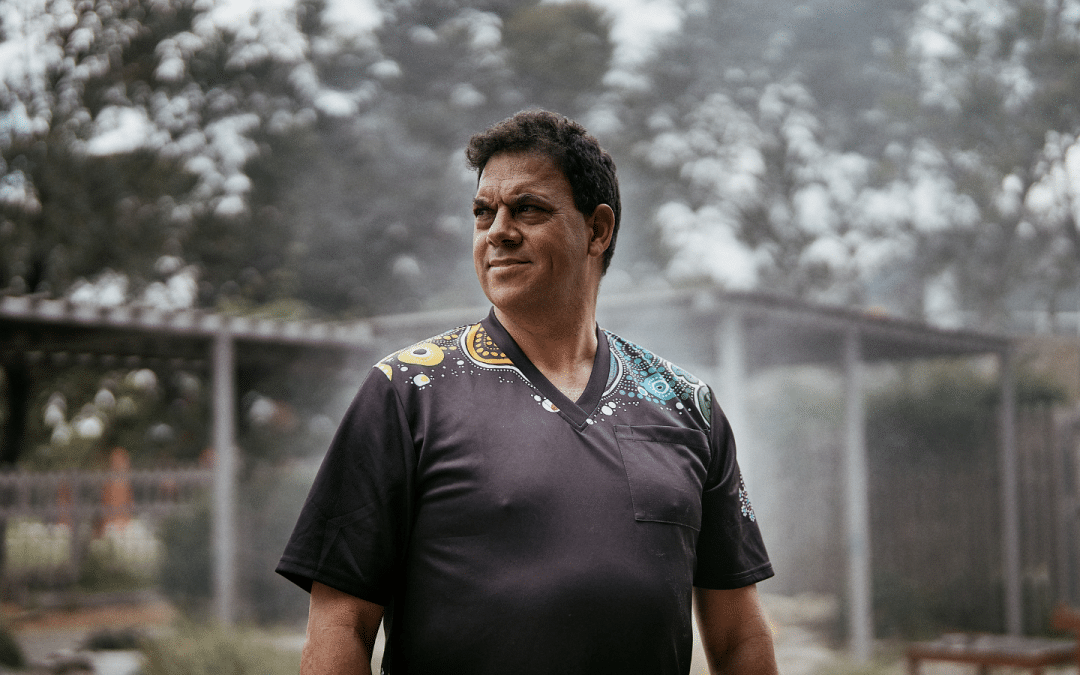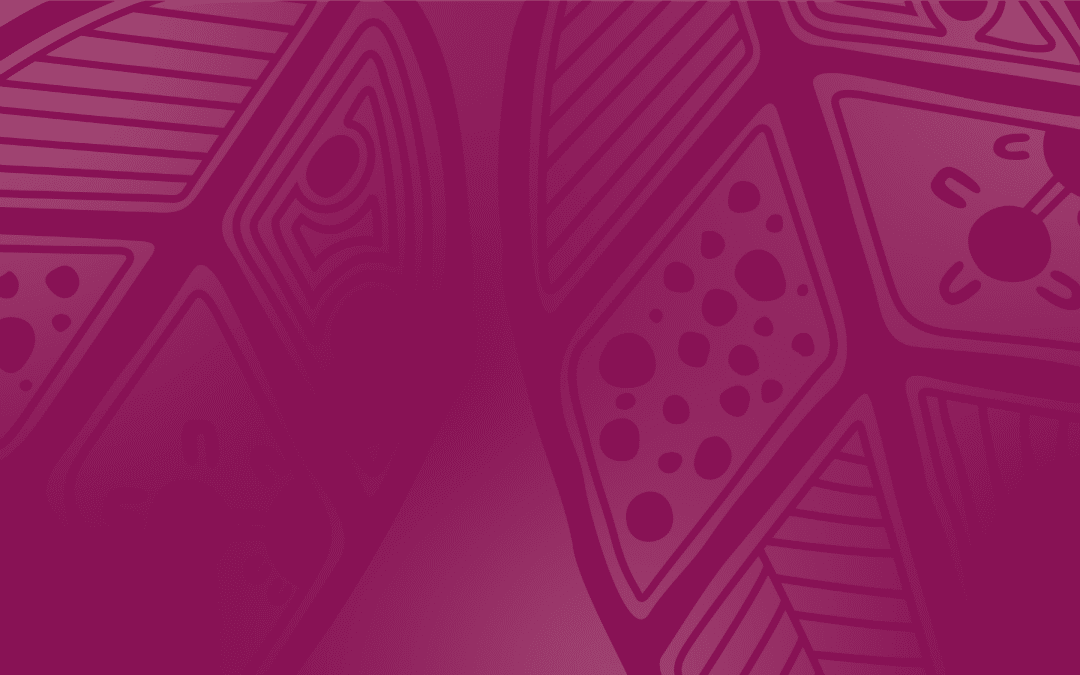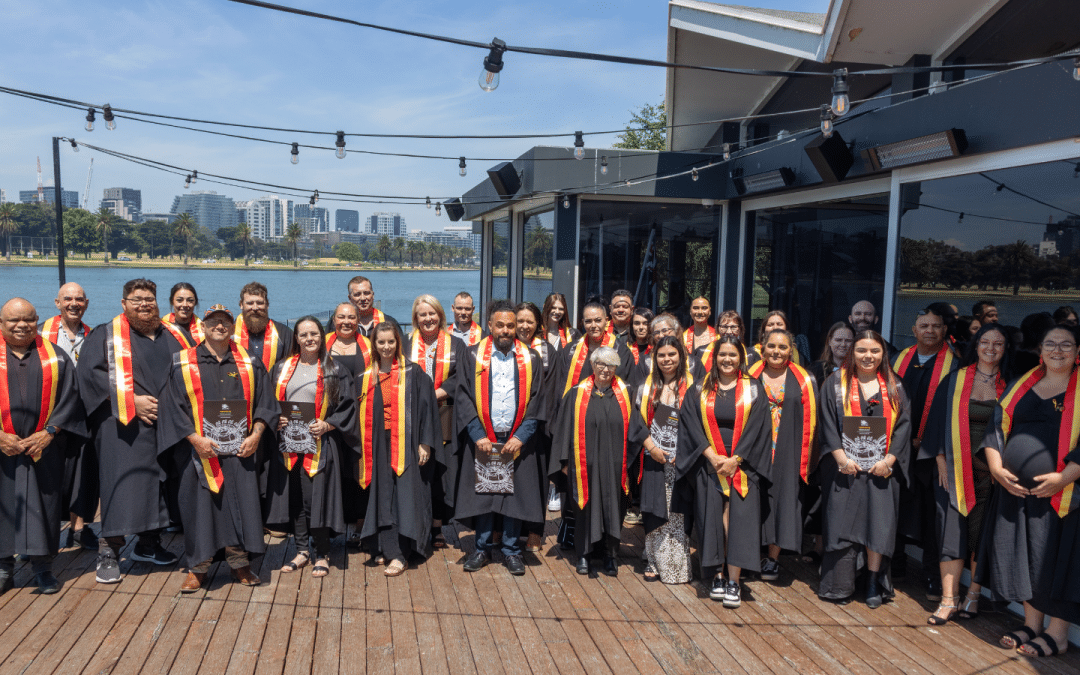In late May, VACCHO’s Balit Durn Durn Centre gathered a group of 40 Community leaders and knowledge holders from across the child and family sector on Wurundjeri Country in Healesville to kick off the co-design of an intensive social and emotional wellbeing service model for infants, children, and families.
Under Recommendation 33.4 of the Royal Commission into Victoria’s Mental Health System it states that VACCHO should be resourced “to design and establish a culturally appropriate, family-orientated service for infants and children who require intensive social and emotional wellbeing supports.”
Deep and important conversations emerged over the three days about what’s important, and what works for Aboriginal and Torres Strait Islander children to be happy, healthy, well, and thriving. There were discomfort and ah-ha moments while attendees worked through the challenging, but exciting first steps of designing a service model for Aboriginal children and families.
The group passionately discussed barriers and shortfalls within the current service system and the disconnect between the mainstream mental health system and Aboriginal ways of knowing being and doing.
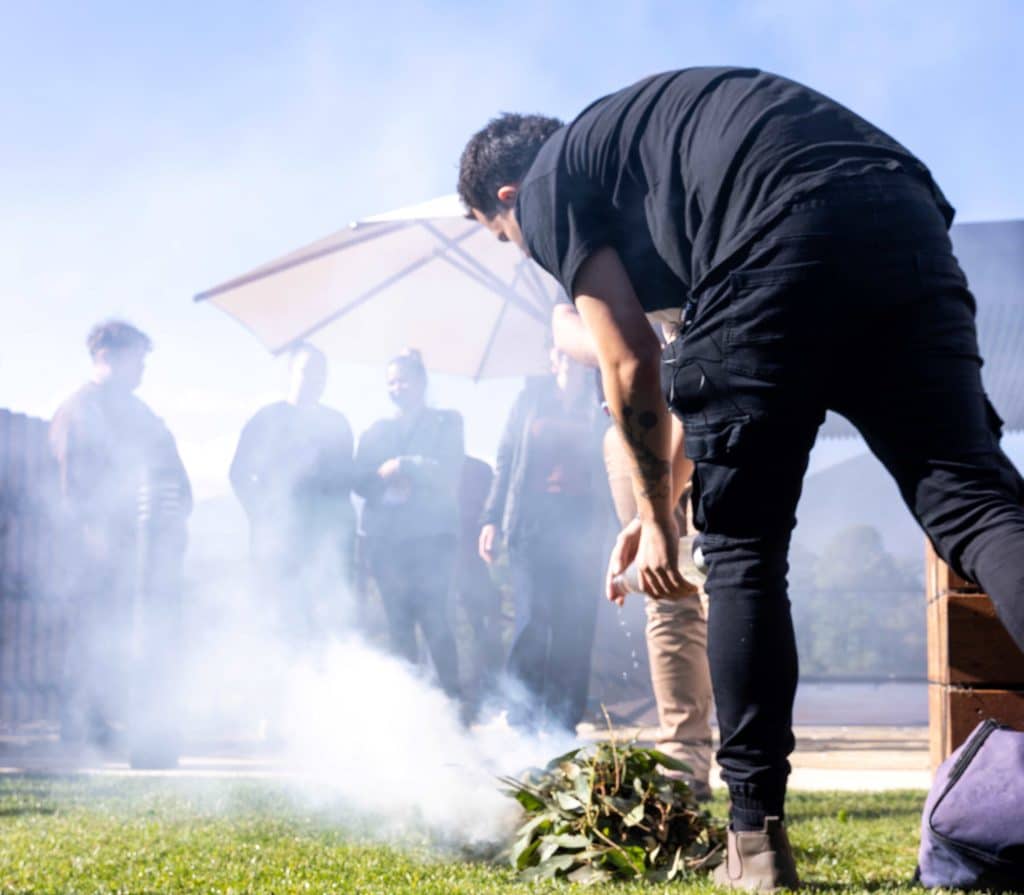
The three days commenced with a beautiful Welcome to Country and Smoking Ceremony by Wurundjeri man Thane Garvey who shared stories of the local area and some key Woi Wurrung words to take away – Yan Yean (boy), Mernda (girl), Wominjeka (come with purpose).
A standout moment was the ‘egg-drop’ activity where table groups designed a safe and secure environment for an egg that would later be dropped from a height. All of the eggs were wrapped in many different layers – some included a box to resemble stable housing, soft felt to resemble a possum skin cloak, an Aboriginal flag to indicate being wrapped in culture, gum leaves as connection to country, and lots of pieces of fabric to resemble a nest made up of Community, family, Aboriginal services, country, and culture that wrapped around the egg as a safety net. None of the eggs broke when dropped, with participants reinforcing “Community knows what’s best for our kids”.
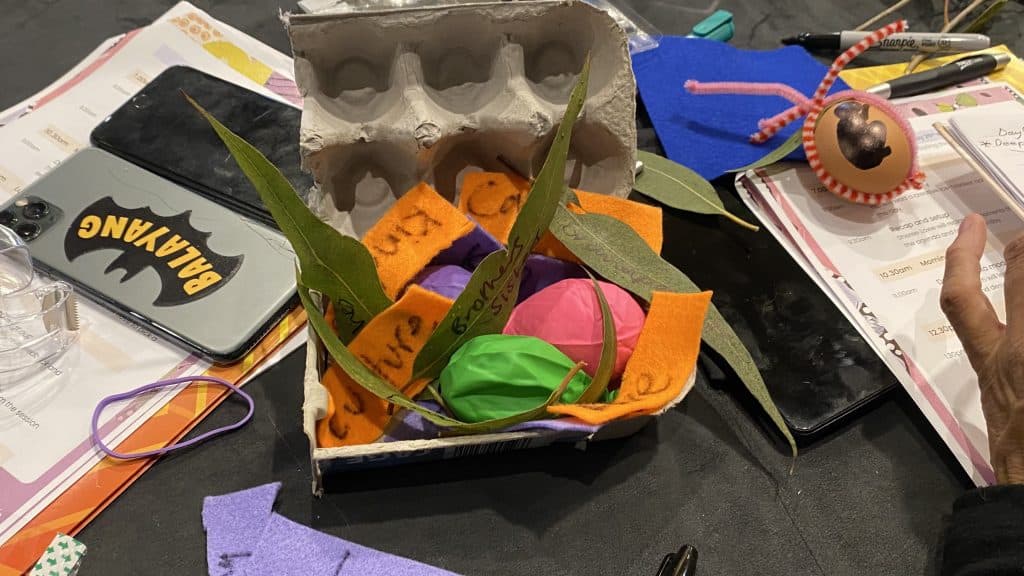
During the ‘egg-drop’ activity, none of the eggs broke when dropped, reinforcing “Community knows what’s best for our kids”
Other highlights included a keynote address from Meena Singh, Commissioner for Aboriginal Children and Young People, followed by a panel discussion from on-the-ground service providers who work with children and families across a range of age cohorts and service disciplines including early years education, Koori Maternity Services, mainstream mental health, maternal and child health, and adolescent social and emotional wellbeing.
The last day of the retreat fell on Sorry Day, the anniversary of the release of the Bringing them Home Report. Executive Director of the Balit Durn Durn Centre, Sheree Lowe spoke to the alarming rates of Aboriginal child removal in this country today and held a minute’s silence before the day’s proceedings. Sheree spoke movingly about the need to focus on healing, strengthening, and keeping families together and ensuring that culture is at the front and centre of our work.
On the last day, there was a collective sense of hope in the room as the group came away from the retreat with some key concepts to test and build on. There were clear sentiments around the importance of ‘looking back to move forward’, leveraging old ways of doing business, grounded in culture, and owned and controlled by Community.
The Balit Durn Durn Centre team would like to thank everyone who has shared their time, knowledge and expertise throughout the course of the 33.4 project and is looking forward to continuing to work closely together as this work progresses.
The retreat was hosted by VACCHO’s Balit Durn Durn Centre team, supported by PwC’s Indigenous Consulting.
For any more information on this project please contact Mikaela at the Balit Durn Durn Centre.
